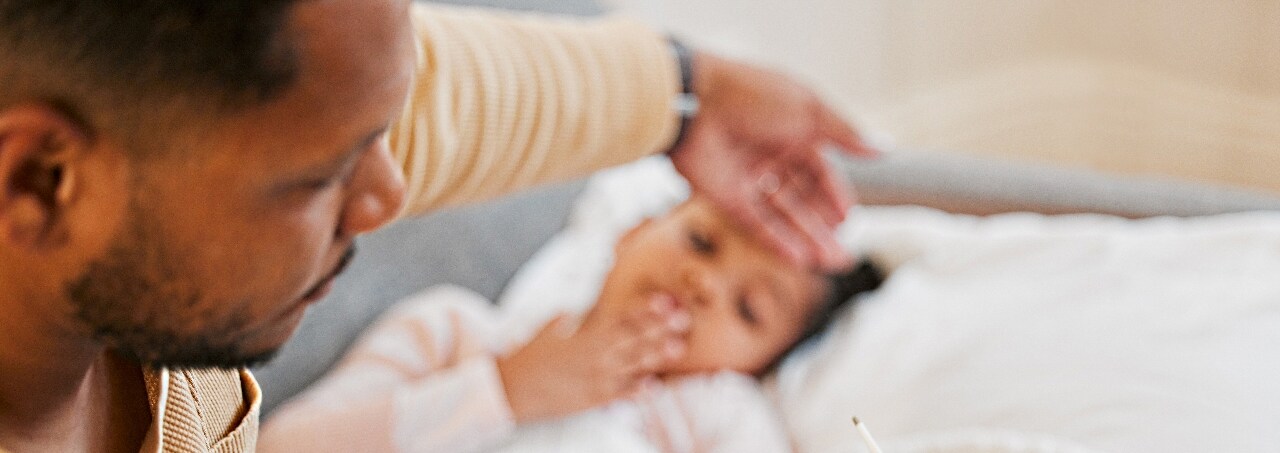
RSV is on the Rise — What You Should Know
Hospitals, particularly children’s hospitals in the U.S. are being overwhelmed by RSV cases, including hospital systems in Michigan. Here at Bronson, we are working hard to keep our communities safe and limit the stress on our hospitals before it becomes an emergency situation.
What is RSV and who is most at risk?
RSV stands for Respiratory Syncytial Virus (RSV). Although it’s a common cause of mild cold-like symptoms – it’s also the most common cause of airway inflammation and infection in young children.
Everyone can catch RSV. But it poses the largest threat to infants, young children, and the elderly, since these populations are the most vulnerable to catching serious airway and lung infections.
But why is there an increase in cases now?
The RSV virus is affecting the highly vulnerable populations, especially babies and children who were sheltered from common bugs during COVID-19, so their immune systems are not as prepared to fight the virus.
The current incidence of RSV cases in young children is very concerning. Children under the age of one, or children with other health issues, are the most likely to get severe symptoms from RSV. Extra care should be taken when they are around other people, especially other children and adults with respiratory symptoms, even if those symptoms are mild.
What are the symptoms?
RSV symptoms, similar to other respiratory viruses, vary depending upon the severity, age, and health of the infected person, but may include:
- Stuffy and/or runny nose
- Cough
- Shortness of breath
- Mild fever
- Sneezing
Most people with RSV recover within a week or two with proper rest, however those with signs of severe illness, may need immediate care if they experience any of the following:
- Discoloration of skin
- Dehydration
- Difficulty breathing and/or rapid breathing
- Wheezing
- High fever
How is RSV treated?
There is no specific treatment or vaccine for RSV. For less severe symptoms, doctors recommend drinking plenty of fluids and letting the virus run its course. However, if you or a family member experience severe breathing problems don’t wait – call 911 or go to the emergency department.
How does RSV spread and how can I help prevent it?
RSV can spread when an infected person coughs or sneezes, there is direct contact through touching an infected person, or touching a surface that has a virus on it, like a doorknob. To help prevent RSV from spreading, there are several precautions we can practice:
- Wash your hands often
- Frequently disinfect highly touched surfaces in your house like doorknobs and light switches
- >Stay home from work or school if you’re not feeling well, until your symptoms improve.
- Cover your mouth and nose during a cough or sneeze with a tissue or your arm – not your hands
- Wear a facemask indoors in situations where people are closely gathered
- Don’t share touched items with people who may be sick
- Avoid gatherings where you might be near sick people
- Get vaccinated for other respiratory viruses, such as the flu and COVID-19
With cases of RSV on the rise, the only way to turn the situation around is to stop the spread. By taking these precautions, together we can limit RSV and other viruses from spreading in our community and help keep our hospital beds open for patients with other acute medical needs.
Bronson is here to help. If you think you or family member might have RSV, contact your pediatrician or primary care doctor, call a Bronson Care Advisor at 269-341-7788, or use one of our Need Care Now services to seek proper care and treatment options.
Watch the following video. Bronson providers share helpful information about respiratory viruses, tips on how you can help to protect your child and signs that indicate you should seek medical care.